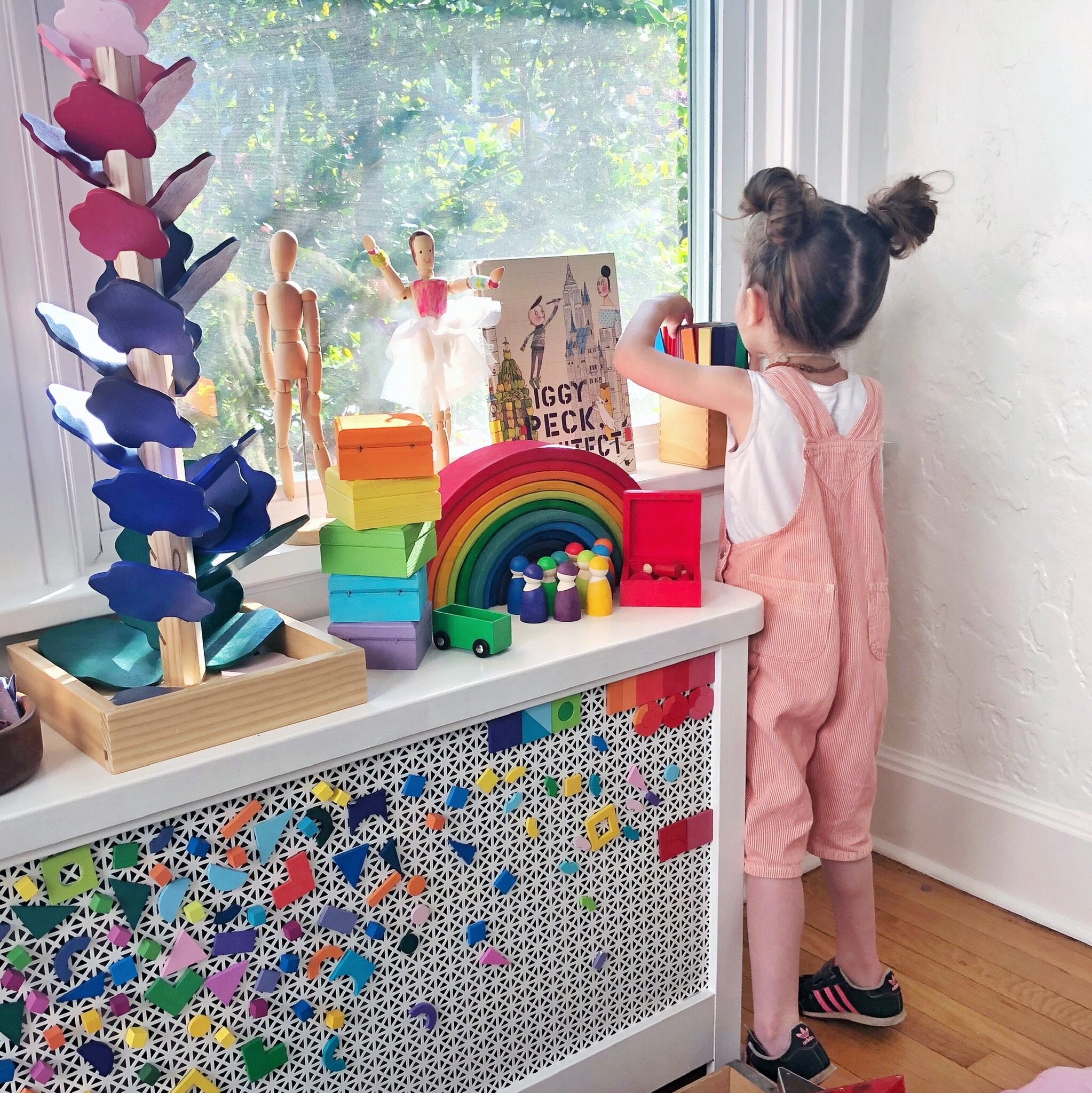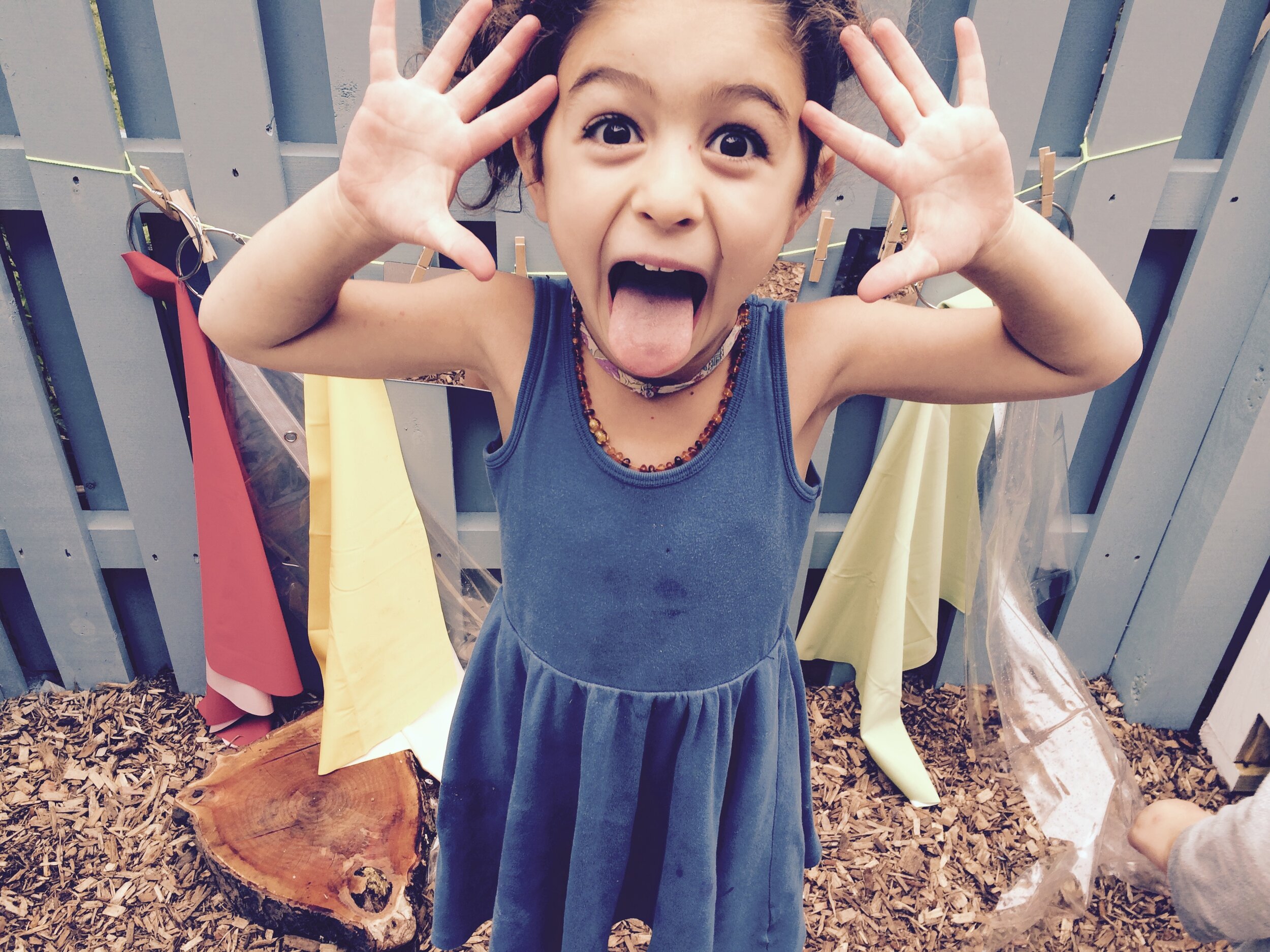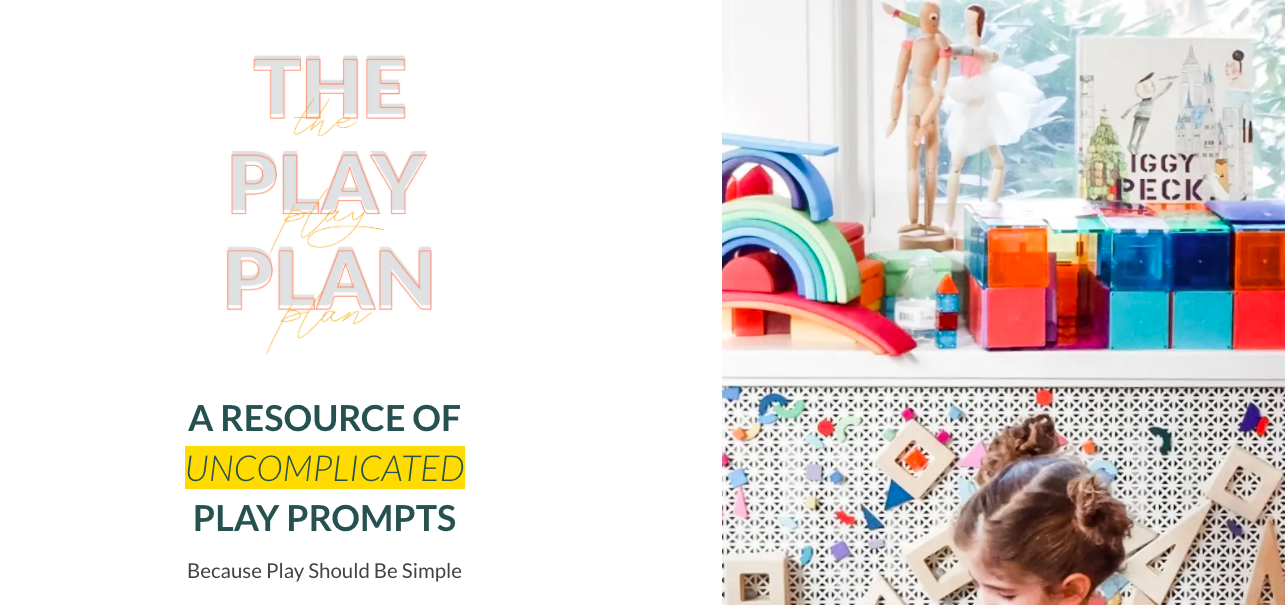Does Your Child Run Away From You When It's Time to Leave?
/Oh, I have been there! You show up all ready to pick your child up from the playdate and they run upstairs, laughing like crazy and expect you to play hide and seek in someone else’s home. AWKWARD!
Don’t panic, I’ve got you covered so that you will know exactly how to manage these situations.
Here are my five steps to managing a swift exit like a pro.
Step One, PRACTICE.
Huh? Practice leaving before you even arrive? Yup. You heard me correctly. The more you can practice ahead of time, the easier leaving will be. The reason is that your child will know exactly how to leave a playdate. They will know how to manage saying goodbye, and that means they won’t have the overwhelm themselves with making it up as they go along. Children, like adults, just want to feel a sense of control and agency over what happens. Practicing ahead of time gives them exactly what they need.
Here is what practicing sounds like:
A few hours before the exciting event (the playdate), say something like this:
The playdate with Sam is today after lunch. There is something important that I know about four year olds and I want to tell you what that is. Sometimes, children aren’t sure what to do when it is time to leave a playdate. They are having so much fun and ending that fun time might feel tricky for them. Some kids I know run away from their grown up. You know what? We are going to make a good bye plan so that doesn’t happen for us.
When the playdate is almost over, I will text Sam’s dad and ask him to tell you that I am on my way. That will mean that you have around five more minutes. That is really good time for you to decide on the last thing you want to play at Sam’s house.
Then, I will come to the front door. I will let you decide if you want to put on your shoes and coat or if you want to jump up in my arms and let me carry to the car with no shoes or coat on! Wait! Don’t tell me which one you are going to choose. I want you to surprise me when I come.
We will need to say thank you to Sam and his babysitter for having you over. Do you want to say it or do you want me to say it for you? Sometimes it is hard for children to find their thank you at the end of the play date. I get that. I know how grateful you are to play with Sam and I can say it for you.
(*Tip: Modeling the thank you is always more impactful than forcing the thank you. When your children matures, they will know how to say it and they will say it for themselves. You don’t need to force them.)
Step Two: GIVE WARNING
Remember when you told your child that you would text the babysitter before you arrive? Do it!
Here is a sample text: Hi Bill, It is Lizzie, Charlie’s mom. Thank you for having Charlie over today. Sometimes goodbyes can get hard for Charlie, and so I would really appreciate it if you told him that I am on my way. When I arrive, I am going to make a swift exit in order to avoid a struggle. I don’t want you to think I am intentionally being rude! I know how much the kids love to play and we would love to have Sam to our home next week.
Sending a text like this beforehand will help you avoid any kind of miscommunication on your end.
Step Three: Arrive on time to pick up your child
Be where you said you would be when you said it. Seriously. You cannot expect your child to go along with the plan if you say five minutes but then you stop for a Starbucks, bump into a friend, and show up thirty minutes later.
Arrive, greet your child, and ask them to tell you how they want to get to the car. Allow them to choose saying goodbye and thank you or if they want you to do it for them.
Then go. Do not linger, do not start a conversation. Stick to plan.
WHAT TO DO IF YOUR CHILD DOES NOT STICK TO PLAN:
First of all, this will happen. Children need to test boundaries in order to know whether or not they truly exist. If your child sneaks away, it does not mean you’ve done anything wrong. It does not mean there is anything wrong with your child. It just means you need lots of opportunity to practice.
Remember to take a deep breath. Try not to feel embarrassed. Your child is not the first or the last kid to run and hide at the end of a playdate at Sam’s house. Truth? Sam’s dad is probably relieved that his kid is not the only one to run and hide.
If your child is hiding. Ask the other parent if they are comfortable with you going inside their home to collect your child. Then, as calmly as you can, physically collect your child. You can say, “It is hard for you to leave, so I am going to help you by picking you up/ holding your shoulders/ holding your hand while we walk to the car.”
Stay calm and do what you need to do.
Say to your child “It is time to leave now. It is hard to leave, and I won’t let you run away.”
Step four: Reflect
Later that evening, revisit the situation with your child.
Try this:
“It was hard to leave Sam’s house today. I wonder what was happening for you?”
Pause and listen. Don’t teach. Just allow your child time to think and reflect. They might not say anything at all and that is okay. Just you mentioning it is important for two reasons. One, it validates the experience. It was hard. Your child knows you acknowledge what happened. Two, It shows your child that you are not afraid to talk about hard things.
Remember, the running away is over. It is normal behavior and it just means you both need to practice.
You might say something like, “You are still learning about how to leave a playdate and I am here to help you. We can practice tomorrow with you matchbox cars.”
Don’t be afraid to vent to a friend or partner. Parenting is hard and emotional. You deserve to have your experience validated as well.
Let me know in the comments if this was helpful for you. Still have questions? Drop them here and ask away.
Never miss a thing from The Workspace for Children! Subscribe to the newsletter HERE
















Rescuing them from discomfort also robs them of resilience.